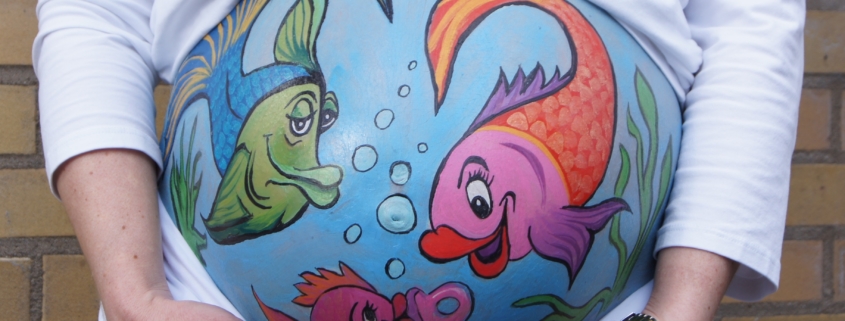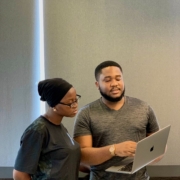Pishee for Lunchee? – Teaching English in Korea
When you first start teaching English in Korea, you will undoubtedly come across a broad range of students with different pronunciation issues, resulting in English mistakes. And in some cases, you will swear and consider yourself to have a keen enough sense to write someone off as simply having a speech impediment.
Try as you might, you pull your hair out over a student who can’t aspirate an F properly or can’t seem to give up that habit of saying ‘chee’ after they pronounce any word ending in ‘ch’. You look into their eyes as you repeat over and over and see the struggle within.
Truth be told, they don’t have a speech impediment. Even if the student next to them or behind them seems to be able to utter words like ‘fish’ or ‘teach’ without any issues.
This goes back to how they first learned English pronunciation. You see, when Koreans are first introduced to English pronunciation, they are doing so from the phonetic expression in their own language. In the same way as we would romanize Korean until we learn how to read Korean and nail down the finer pronunciation edge when surrounded by Koreans whose pronunciation patterns can be more easily emulated. (I guarantee that the way you say ‘Hello’ in Korean (안녕하세요, Annyeonghaseyo) will roll off your tongue more fluently by your second month or even second week, once you have immersed yourself into the sounds of Korea and also once you learn to pronounce the Korean alphabet. Koreans learning English in Korea don’t have that immersion benefit as you do).
Teaching English in Korea through Korean Alphabet
For instance, English textbooks written in Korean plus Korean teachers of English will teach English phonetics through Korean phonetics. And as you can imagine, they don’t always match up very well. That’s why when you hear someone say ‘Pish’ when they mean to say ‘Fish’, mentally, they are trying to pronounce with their muscle memory learned long ago, which would have been ‘피쉬’ (pee-shee), which is the closest way to contort the Korean alphabet to something that will sound similar. Or in case of ‘Lunch’, it would come out as ‘Lunchee’, which would be derived from ‘런치’. Broken down into romanization: 런=Lun and 치=Chee.
Some students learned this way and have somehow found a way to kick that habit. Perhaps from traveling abroad, having an English tutor or from binge-watching Friends on Netflix. But that shouldn’t cause you to frown upon the one’s who are still struggling with it.
Instead, it might be good to meet them halfway by accepting that they are thinking in Korean while trying to speak English, and go up to your whiteboard and literally write the Korean phonetics that are stuck in their heads, such as 피쉬 and 런치, and modify the pattern by omitting theㅣvowel at the ends of the words. It won’t take effect right away but will eventually help deconstruct the phonetic pattern until new muscle memory is formed.
Try it out and let us know how long it took for your student to kick the habit!
- Teaching English in Nowon-gu of Seoul - August 23, 2022
- Teaching English in Cheongju at Chungbuk International Education Center - August 22, 2022
- Teaching English in Gyeongbuk Province English Camps - August 18, 2022







 Photo by Kelly Sikkema on Unsplash
Photo by Kelly Sikkema on Unsplash  Photo by Cut in A Moment on Unsplash
Photo by Cut in A Moment on Unsplash 


Leave a Reply
Want to join the discussion?Feel free to contribute!